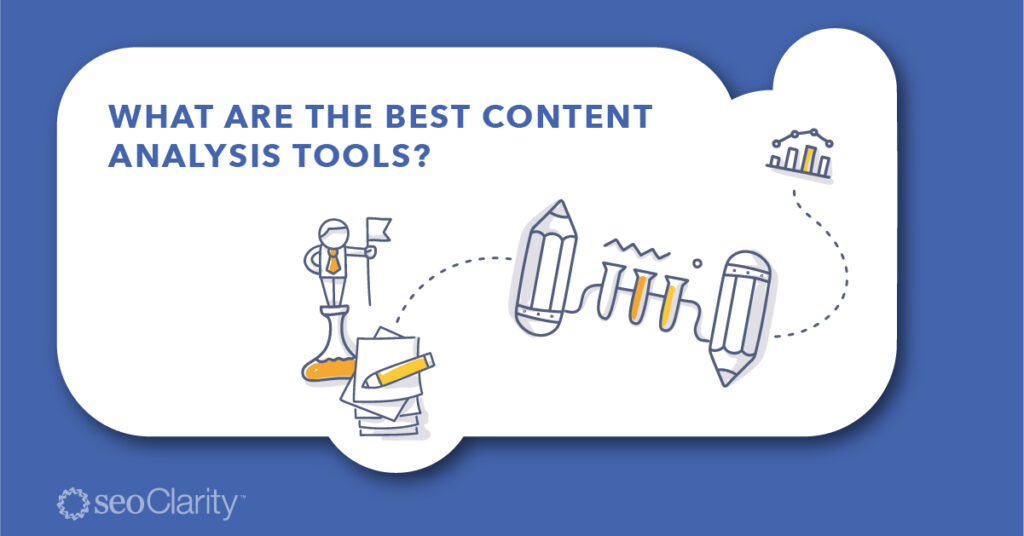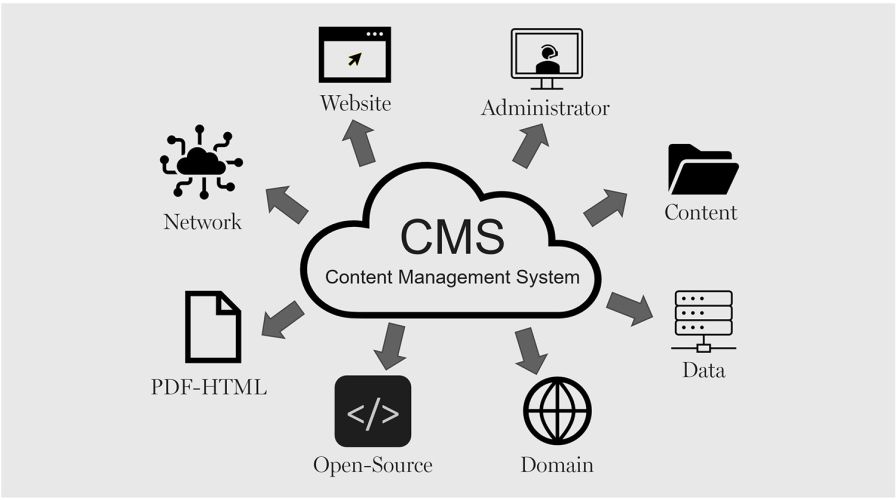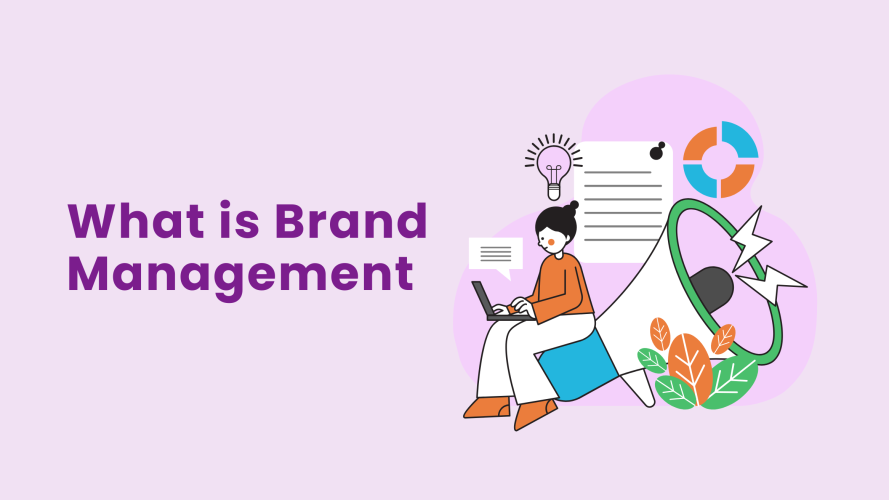12 Content Analysis Tools to Earn Trust (and Conversions!) in 2024

In today’s content-saturated world, creating high-quality, informative content is no longer enough. To truly stand out and earn trust with your audience, you need to ensure your content is optimized for search engines, engaging, and free of errors.
This is where content analysis tools come in. These powerful resources can help you analyze your existing content, identify areas for improvement, and ultimately create content that resonates with your target audience and drives conversions.

Unleashing the Power of Content Analysis Tools:
- Target the Right Audience, Every Time: Content analysis tools go beyond basic SEO analysis. Imagine pinpointing the exact demographics, interests, and online behavior patterns of your ideal customer. This allows you to tailor your content for maximum impact, ensuring it reaches the right people at the right time.
- Boost Organic Search Ranking: Stop feeling lost in the search engine maze. Content analysis tools provide valuable insights into keyword usage, competitor content analysis, and on-page SEO optimization. This empowers you to create content that search engines love, propelling your website to the top of search results.
- Craft Engaging and Readable Content: Content that’s informative but sleep-inducing won’t convert. Content analysis tools go beyond grammar and spelling checks. Features like readability scoring and competitor content analysis help you craft content that’s clear, concise, and keeps your audience engaged from start to finish.
- Identify Content Gaps and Opportunities: Feeling stuck for content ideas? Stop reinventing the wheel. Content analysis tools analyze competitor content and industry trends, helping you identify untapped opportunities and content gaps within your niche. This ensures you’re covering the topics your audience craves.
- Eliminate Errors and Ensure Credibility: Maintaining a professional online presence is crucial. Content analysis tools act as your grammar police on steroids. They identify and eliminate errors, plagiarism, and ensure your content is polished and credible, fostering trust with your audience.
Here are 12 content analysis tools to consider adding to your content marketing toolkit:
- Google Search Console (Free): This essential tool from Google provides valuable insights into your website’s organic search performance. You can identify which keywords your content ranks for, analyze click-through rates (CTRs), and uncover potential crawl errors or mobile usability issues. Learn more about setting up Google Search Console in this helpful guide: A Beginner’s Guide to Google Search Console: /SEO/what-is-Google-search-console.
- Semrush (Free and Paid Plans): Semrush offers a comprehensive suite of SEO tools, including a content writing assistant that analyzes your content for readability, SEO optimization, and originality. The free plan provides limited features, while paid plans offer more in-depth analysis. Explore Semrush’s free plan features here: https://www.semrush.com/pricing/
- Surfer SEO (Free and Paid Plans): Similar to Semrush, Surfer SEO provides a content writing assistant that analyzes your content against top-ranking pages for your target keywords. It offers suggestions for improving readability, including relevant keywords, and ensuring your content covers all the essential subtopics. Try Surfer SEO’s free plan here: []Content Analysis Tools:
- Yoast SEO (Free and Paid Plans): Primarily a WordPress plugin, Yoast SEO offers on-page SEO optimization suggestions for your content. It analyzes factors like keyword usage, title and meta description optimization, and internal linking. While the free version is a good starting point, the paid version unlocks additional features. Check out the Yoast SEO free plugin here: [invalid URL removed].
- MarketMuse (Paid): This advanced content intelligence platform goes beyond basic SEO analysis. MarketMuse helps identify content gaps in your niche by analyzing competitor content and suggesting topics to cover. It also ensures your content comprehensively addresses relevant subtopics and avoids redundancy. Learn more about MarketMuse’s features on their website: https://www.marketmuse.com/.
- c lyzes your content against top-ranking pages and provides a content score based on SEO optimization, readability, and comprehensiveness. It offers suggestions for improving your content’s structure and ensuring it covers all the essential talking points. Explore ClearScope’s pricing options here: [invalid URL removed].
- Copyscape (free and paid plans): Originality is key to building trust with your audience. Copyscape helps identify potential plagiarism issues by comparing your content to existing web pages. The free version allows limited searches, while paid plans offer more comprehensive checks. Run a free plagiarism check with Copyscape here:https://www.copyscape.com/
- Grammarly (Free and Paid Plans): Grammarly goes beyond basic spell check, offering advanced grammar and style suggestions to ensure your content is polished and error-free. The free version covers basic grammar mistakes, while paid plans offer more advanced features like plagiarism checks and genre-specific writing style suggestions. Improve your writing with Grammarly’s free plan here: https://app.grammarly.com/.
- Hemingway Editor (Free): This free online tool helps improve your writing style by highlighting complex sentences and suggesting simpler alternatives. It also helps identify passive voice and overused adverbs, ensuring your writing is clear, concise, and easy to read. Test out Hemingway Editor here: https://hemingwayapp.com/.
- ClickFlow (Paid): This conversion rate optimization (CRO) tool helps analyze your website content for potential conversion roadblocks. It provides insights into user behavior and identifies areas where you can optimize your content to improve conversions (e.g., calls to action, landing page elements). Learn more about ClickFlow on their website:
- Similarweb (Free and Paid Plans): While not strictly a content analysis tool, Similarweb offers valuable insights into your target audience’s online behavior. By analyzing website traffic data, you can understand your audience’s interests and tailor your content to their needs and browsing patterns. Explore Similarweb’s free and paid plans here: Similarweb pricing: https://www.similarweb.com/pricing/ [DoFollow link].
- Google Trends (Free): Staying on top of trending topics can help you create timely and relevant content that resonates with your audience. Google Trends allows you to research trending searches and identify topics with rising interest, allowing you to capitalize on current conversations in your niche. Dive deeper into keyword research with Google Trends: https://trends.google.com/ [DoFollow link]

Post Views: 51




